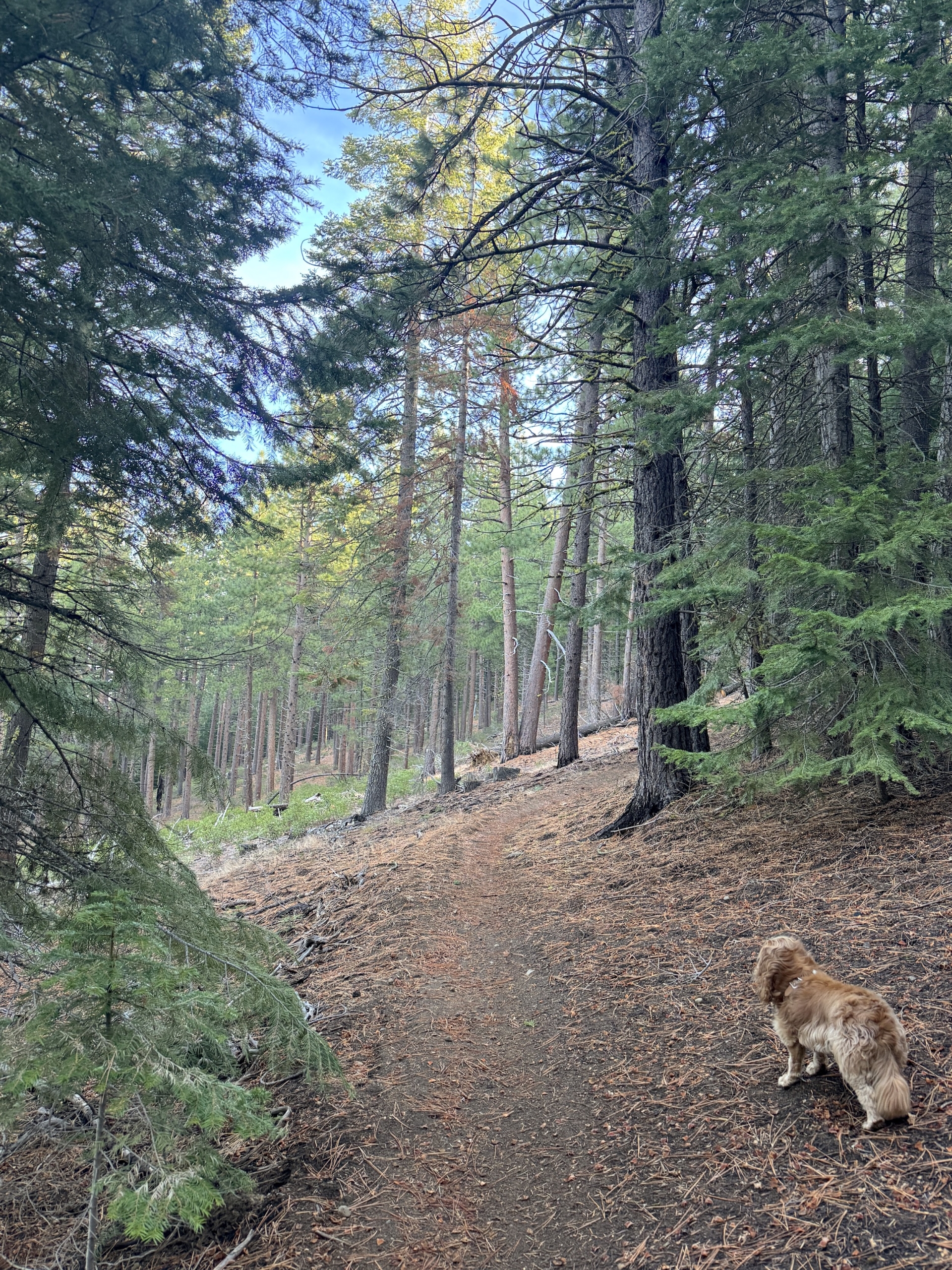If you're already a member, please log in.
Zut alors! It looks like your Monthly Limit of Posts Has Been Reached.
So tickled to see you are enjoying the content of TSLL!

Continue to read TSLL blog and gain unlimited access when you become a member, BASIC or TOP. If you're already a member, please log in using the form below.
Have a look below at the regular content you can count on to spark new ideas, inspire you to cultivate your own true contentment as well as elevate the everyday:
- Monday: A Monday Motivational post to help begin the week inspired
- Wednesday: Every 1st and 3rd Wednesday of each month, a new podcast episode of The Simple Sophisticate (check out the Season’s schedule, 25 new episodes each year). Premiered in 2014.
- On the 2nd Wednesday, the monthly Ponderings post; the last Wednesday of each month the What Made Me Smile post, and if there is an extra Wednesday it will be focused on one of the following categories —French-Inspired, British-Inspired, Contentment, Recipes, Style Inspiration, Décor Inspiration, Gardening, Money, Health or Beauty
- Fridays: This & That (a detailed post of upcoming book, film, television, play, art exhibit releases and openings, shopping sale and new item announcements, articles and short videos worth checking out and much more.
- Saturdays: The Simply Luxurious Kitchen cooking show – a cooking video series taped in Shannon’s kitchen. One season each year beginning on the second Saturday of September (6-10 episodes/season)
- The first day of each month: A Cuppa Moments w/Shannon video chat
- One Monday of each month: The monthly Gardening post
- TSLL’s Seasonal Shopping Guide: released semi-annually on September 1st and March 1st
- TSLL’s Annual French Week: The second full week in August (two posts each day, multiple giveaways, special podcast guests and more)
- TSLL’s Annual British Week: The third full week in May (two posts each day, multiple giveaways, special podcast guests and more)
Choose the Membership Tier that works best for you:
BASIC Tier
$4.50/month
- With Advertisements
- Save favorite TSLL posts/episodes in your personal TSLL library
- Unlimited Reading of TSLL Blog
- No Access to the Following Content: Shannon’s House & Garden Tours, Shannon’s Journey, Giveaways, A Cuppa Moments w/Shannon (monthly video chat post with Shannon), #Top100 Posts
- Automated payment
- Pause your membership at anytime and retain your current price whenever you return.
- Cancel at anytime
TOP Tier
$8.50/month
- No Advertisements
- Connect, engage and be inspired by fellow TSLL Members from around the globe living their own simply luxurious life.
- Save favorite TSLL posts/episodes in your personal TSLL library
- Unlimited Access to ALL of TSLL’s Content
- Gain exclusive access to all of TSLL House Tours, Garden posts at Le Papillon, the monthly What Made Me Smile … post, the monthly Ponderings . . . post and enter all of the giveaways during the annual French and British Weeks.
- Access to A Cuppa Moments w/Shannon (a monthly video chat post on the blog with Shannon)
- Exclusive opportunities to join Shannon at in-person gatherings in Britain and London (announced during British and French Weeks respectively) such as an Afternoon Tea or a meal at Michelin starred restaurant.
-
Discounts on TSLL's online courses and limited-time TSLL Shop items (such as Royal Sussex Trugs, TSLL's notepads, etc.)
- Automated payment
- Pause your membership at anytime and retain your current price whenever you return.
- Cancel at anytime




